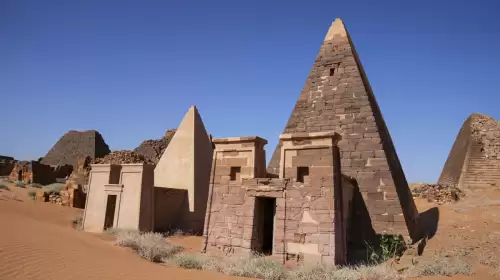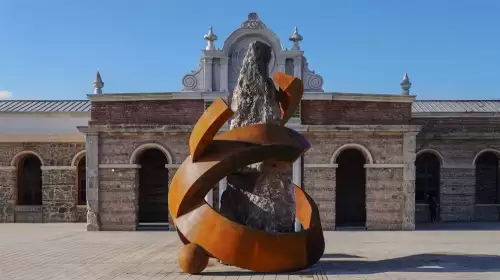Sultan Abdülhamid I: The 27th Ottoman Sultan and 92nd Islamic Caliph
Sultan Abdülhamid I, born on January 7, 1725, was the 27th Ottoman Sultan and the 92nd Islamic caliph. His father, Sultan Ahmed III, was deposed when Abdülhamid was just 5 years old, and he ascended to the throne at the age of 49 upon the death of his brother, Sultan Mustafa III, on January 21, 1774.
Challenges and Losses
As Sultan, Abdülhamid I was determined to restore the Ottoman Empire to its former glory, but he faced challenges during a dark period. The Ottoman-Russian war that began in 1768 resulted in significant losses for the empire. In 1774, the Ottomans accepted the independence of Crimea, a long-standing Ottoman territory, through a treaty signed at Küçük Kaynarca.
The Russian Threat and Crimea
Following the treaty, tensions escalated in Crimea, with Russian influence increasing in the region. The Russian invasion of Crimea in 1783 led to the annexation of the territory to Russia, marking a significant loss for the Ottomans. Despite efforts to resist the Russian advance, Crimea fell under Russian control.
Political Shifts and European Balance
Russian Empress Catherine the Great's actions in Crimea stirred political shifts in Europe. France, Russia, and Austria aligned against the Ottomans, leading to the Greek Project, a plan to divide Ottoman lands among themselves. This alignment altered the balance of power in Europe, setting the stage for further conflicts.
The Sultan's Legacy and Tragic End
Sultan Abdülhamid I's reign was marked by efforts to modernize the Ottoman military and address internal challenges. His compassion for the people and dedication to state affairs earned him a reputation as a just and merciful ruler. However, the loss of Crimea and subsequent conflicts took a toll on him, culminating in his death in 1789.
Architectural and Charitable Works
Throughout his reign, Sultan Abdülhamid I commissioned various architectural and charitable projects. From mosques and fountains to schools and libraries, his legacy is visible in the numerous structures built during his rule. His efforts to support education and public welfare left a lasting impact on Ottoman society.





